Former military President Ibrahim Babangida says he may go down in history as a leader without an autobiography.
Across the world, leaders are known for giving the account of their lives in written form in order to reflect on their past and to also keep the younger generation informed.
But speaking in an interview with Channels Television, the retired general expressed doubts that Nigerians will find his book inspring.
He said the public has a wrong impression of him, citing the June 12 crisis and some of the policies he took between 1985 and 1993 when he presided over the nation.
Advertisement
“People may not read it (autobiography) because it is coming from a dictator. A lot will say dictator, he cancelled June 12 and that will kill the book,” he said.
“If God spares my life, I will discuss about June 12 election because I still believe people don’t get what we were trying to put across. Nobody has ever sat down to say the two persons involved are friends, what went wrong? We tried to rationalise why we had to do what we did but nobody is prepared to listen to us.
“I have never seen anybody write anything on this to try to give people a different version altogether.
Advertisement
The late Moshood Abiola, a philanthropist and successful businessman, had won the election which was later cancelled by the then military junta headed by Babangida.
The poll, which was adjudged as one of the freest and fairest in Nigeria’s democratic history, was the first presidential election held in Nigeria since 1983 when the military took power in a coup.
Abiola of the then Social Democratic Party (SDP) had defeated Bashir Tofa of the National Republican Convention (NCP).
In the interview, the elder statesman wondered why people have been saying that the election was the freest and fairest in the country’s history but failed to credit his government for the record.
Advertisement
“They keep saying ‘he cancelled the freest election’ but why not give us credit for conducting that election,” he said.
Babaginda said the public misconception did not affect his relationship with Abiola as they were in touch even during the June 12 crisis.
“He (Abiola) knew my feeling, I knew his feeling on the country generally because we do talk about Nigeria with the presumed winner of the truly democratically freest election, we talked about it, we even talked about it during the crises itself,” he said.
“I’ll hate to say that despite all that two of us understood ourselves very well, that the level of friendship is so strong that we value our relationship very much but like I said typical Nigerian, no ooh, don’t do it, I think it’s always the people, If you try to educate them, it sounds boring, or if you try to reason.”
Advertisement
1 comments
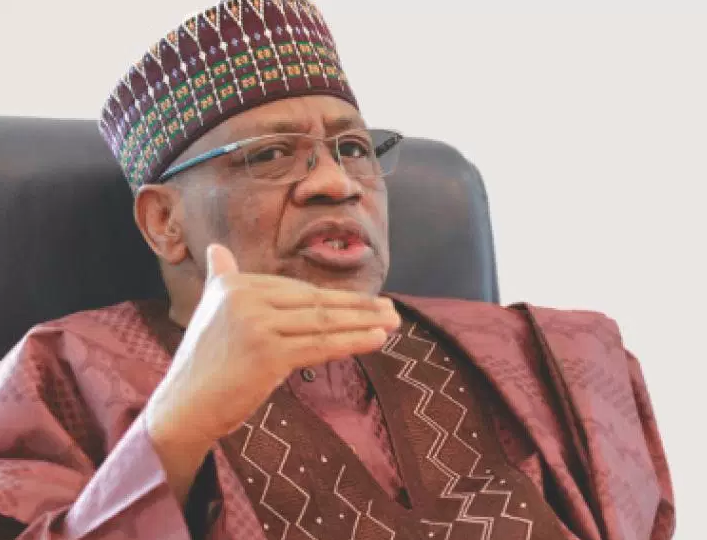
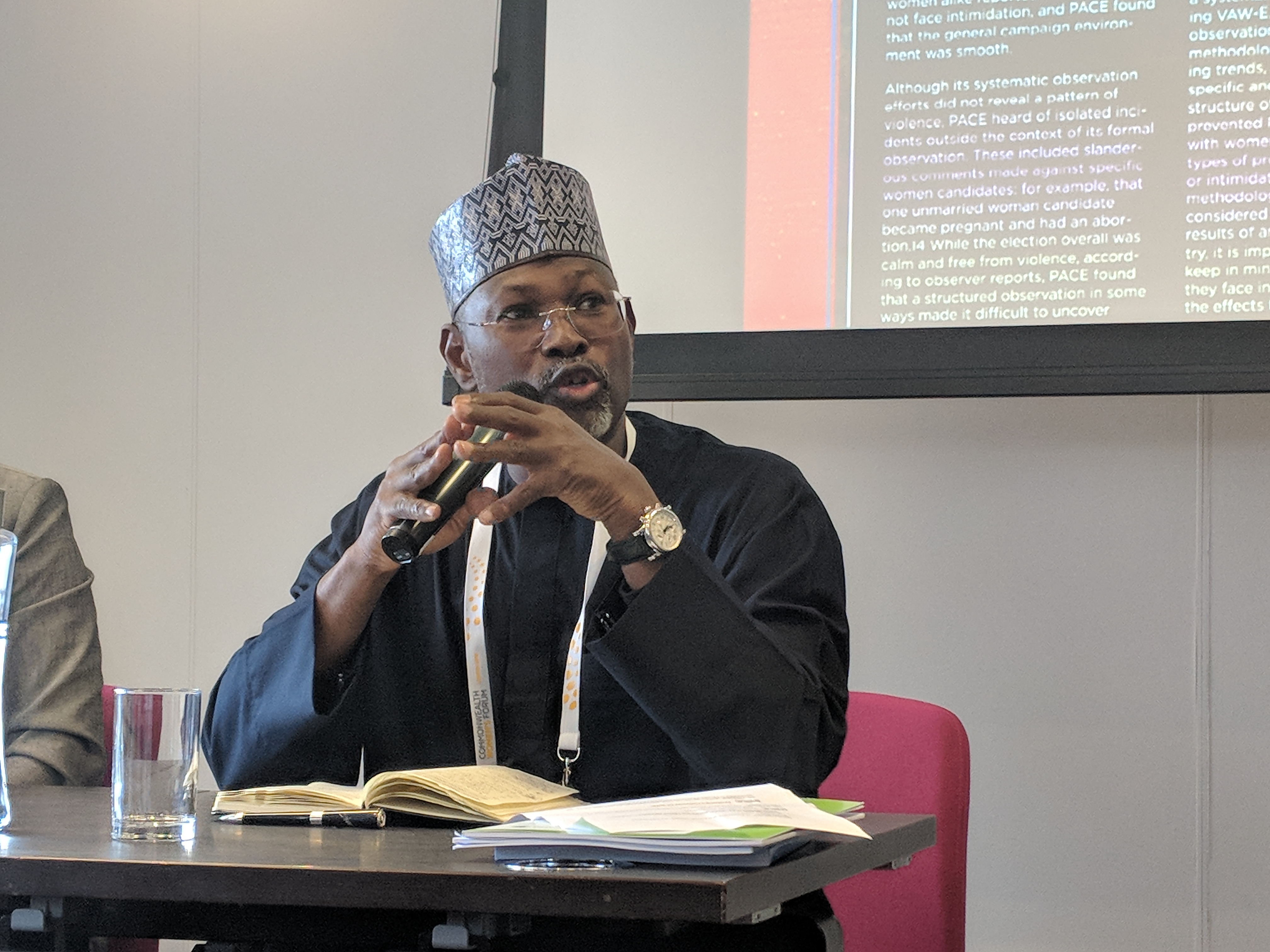
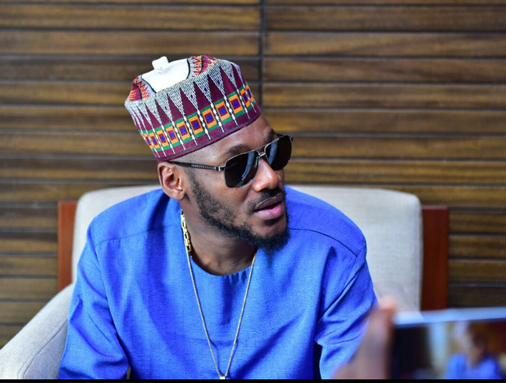
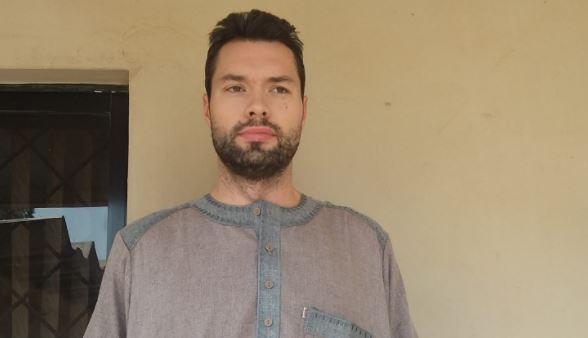
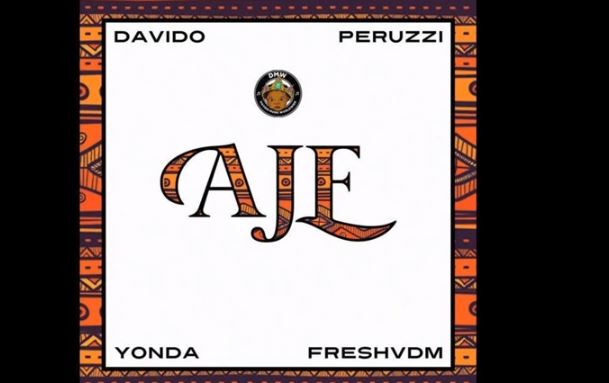
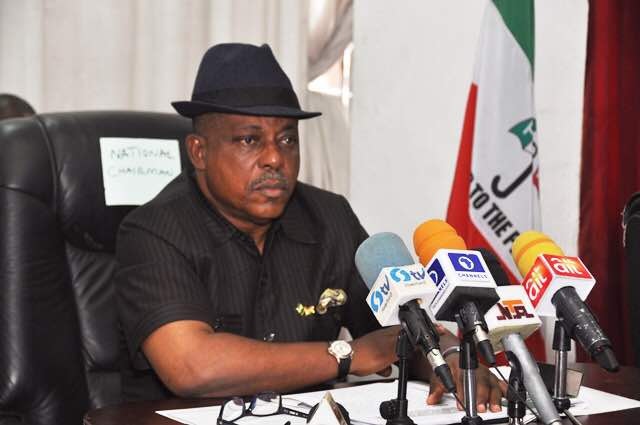
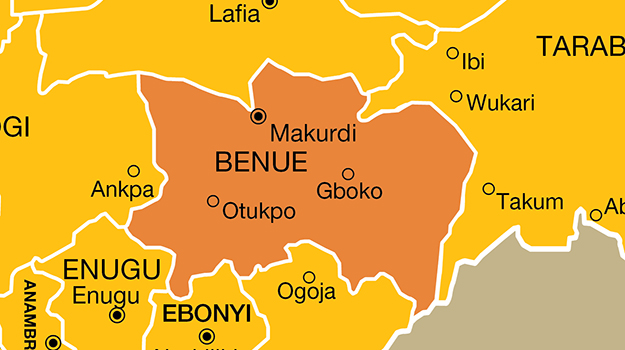
I completely agree with what you have written. I hope this post could reach more people as this was truly an interesting post.